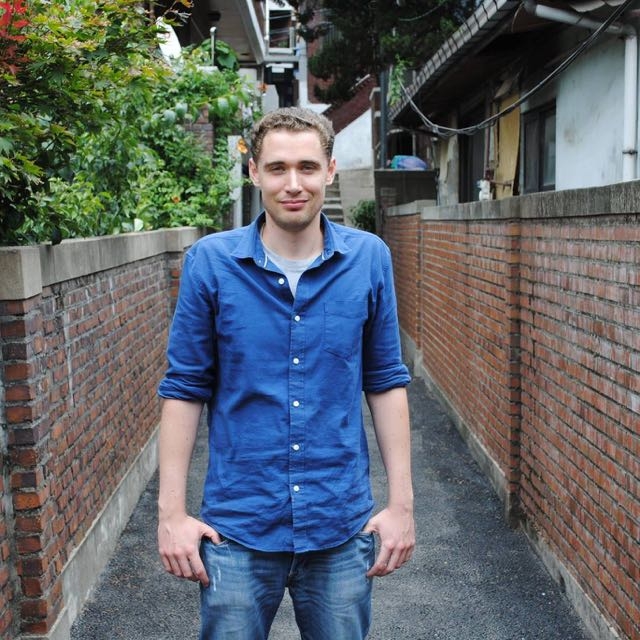Hell Joseon

By Steven Borowiec
October 15, 2015 - Last week I was invited on the radio to discuss the extent to which the country I live in can be accurately described as “hell.” A local English language radio station dedicated around 40 minutes of an evening broadcast to dissecting “Hell Joseon”, a viral term on the Korean language internet. Myself and one other guest were asked whether this term is just emotive hyperbole, or if it reflects a real crisis of inequality and social stratification in South Korea.
The term “Hell Joseon” isn’t new, having been around since at least 2009, but it appears to have grown more common of late. Perhaps the busiest forum is the “Hell Joseon” Facebook group, which currently has more than 4,400 “likes”, a number that grows with each day. The group’s newsfeed is a procession of posts meant to demonstrate injustice and absurdity in a country that considers itself a member of the world’s club of developed nations. Right-wing politicians making apparently fond remarks about South Korea’s past military dictatorships. Twentysomethings plotting to leave a country they say they can’t stand to live in.
These netizens deliberately use the term “Joseon” instead of “Korea”. Joseon was a dynasty that lasted from 1392 until Korea became a Japanese colony in 1910. The era was characterized by the rule of a small elite, with the rest of the population stuck in hereditary poverty, living off the land or toiling as servants.
Those who use the term “Hell Joseon” see parallels between life of that era and that of present day South Korea. Many young people online today describe feeling stuck in an unforgiving economy, where only a lucky few can get spots and elite universities and stable, well-paid jobs at prestigious companies. Often in shrill terms, they articulate a vision of an unjust society plagued by corruption.
A touchy, and illuminative, topic in this debate has been the status of the Korean word “noryeok”, which translates as ‘effort.’ The concept of hard work has enjoyed a near mythic status in Korea; failures and shortcomings are often attributed to a lack of effort. If one complains of being dissatisfied, the common prescription is to work harder. If you arrive as a foreigner in Korea and someone asks you how you plan to spend your time here, simply tell them you will work hard. They will be delighted.
The Hell Joseon crowd takes particular umbrance with noryeok as a supposed panacea for Korean society’s ills, arguing that there are systemic problems that effort alone can’t fix, and that stable employment and financial well-being require more than hard work to attain. South Korea is full of people working long hours, studying constantly, but not getting ahead.
During the radio discussion, one of the host’s questions was whether this phenomenon is unique to Korea, or whether it is taking place all over the world. I answered that in countries all over the world many young people are frustrated at being the first generation that is expected to have a lower standard of living over their lifetimes than their parents did, but that this situation is apparently felt particularly strongly in Korea. A failure to get one’s foot into certain doors in Korea tends to have more finality here, as not getting into a big company can have one permanently branded an underachiever and there aren’t many other ways to start a career. Nowadays in the west, many young people with ambitions of working in creative fields like fashion, film or journalism don’t get their start by winning the lottery and being selected in traditional annual recruitment, but by interning, volunteering, building an online presence through personal projects. These alternate ways to a job have yet to make significant inroads in Korea.
Our radio conversation returned again and again to the need to broaden the definition of success in South Korea. Grooming an entire country to compete for the same jobs, spouses and homes inevitably creates resentment when not everyone wins.
But surely there is a bit of hyperbole in the use of the word “hell”? South Korea isn’t a place of hellfire or brimstone; the country has fairly high living standards, and despite the oft-repeated claim about being “technically at war”, is a pretty peaceful place. But a look at youth unemployment figures, and the stubbornly low rates of economic growth, show that while South Korea may not be hell, it does have problems that effort alone won’t fix.
*Steven Borowiec covers Korea for the Los Angeles Times
